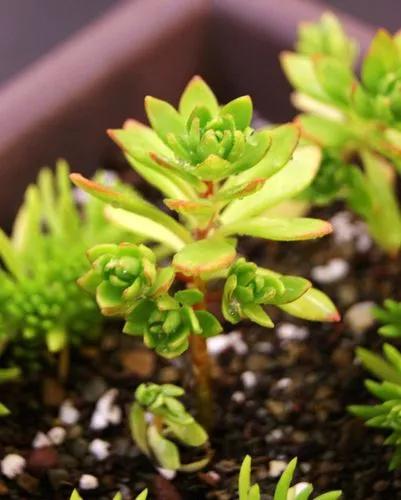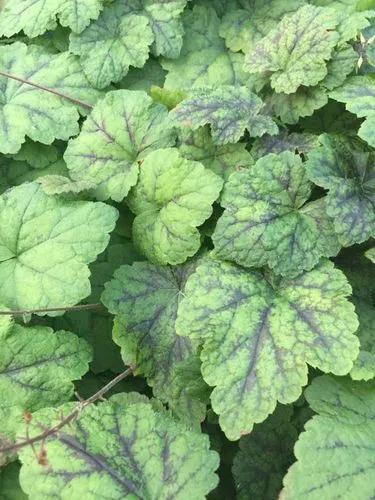A beautiful gold variegated ivy, Hedera helix 'Goldchild' (English Ivy) is an evergreen climber with medium-sized, lustrous, three to five-lobed, gray-green leaves, 2-3 in. across (5-7 cm), adorned with broad, bright gold margins. In hot weather, the variegation can fade to butter yellow. The color is also not as intense if grown in the shade but the variegation is still prominent. Extremely ornamental, this versatile ivy does well as a houseplant, can be used as a groundcover or for covering a low wall.
Gold Baby Ivy Care
Hedera Helix 'goldchild'
Other names: Gold Baby Ivy, Gold Child English Ivy



How to Care for the Plant

Water

Keep soil moist, watering freely in dry weather.

Pruning

Trim back as needed to keep neat and compact.

Fertilizer

Fertilize your ivy about once a month in the spring, summer and fall with a water soluble, nitrogen-rich fertilizer. Do not fertilize in the winter, as this is the ivy's dormant period and the fertilizer may do more harm than good at this time.

Sunlight

The most important part of indoor ivy plant care is light. All true ivies need bright light.

Soil

Moist but Well-Drained

Temperature

-20° to -10°F (-29° to -23°C)

Additional

According to the Humane Society of America Ivy plants especially the leaves and berries can be toxic to pets. This is means that the plants are generally identified as having the capability for producing a toxic reaction.

Popularity

411 people already have this plant 87 people have added this plant to their wishlists
Discover more plants with the list below
Popular articles






